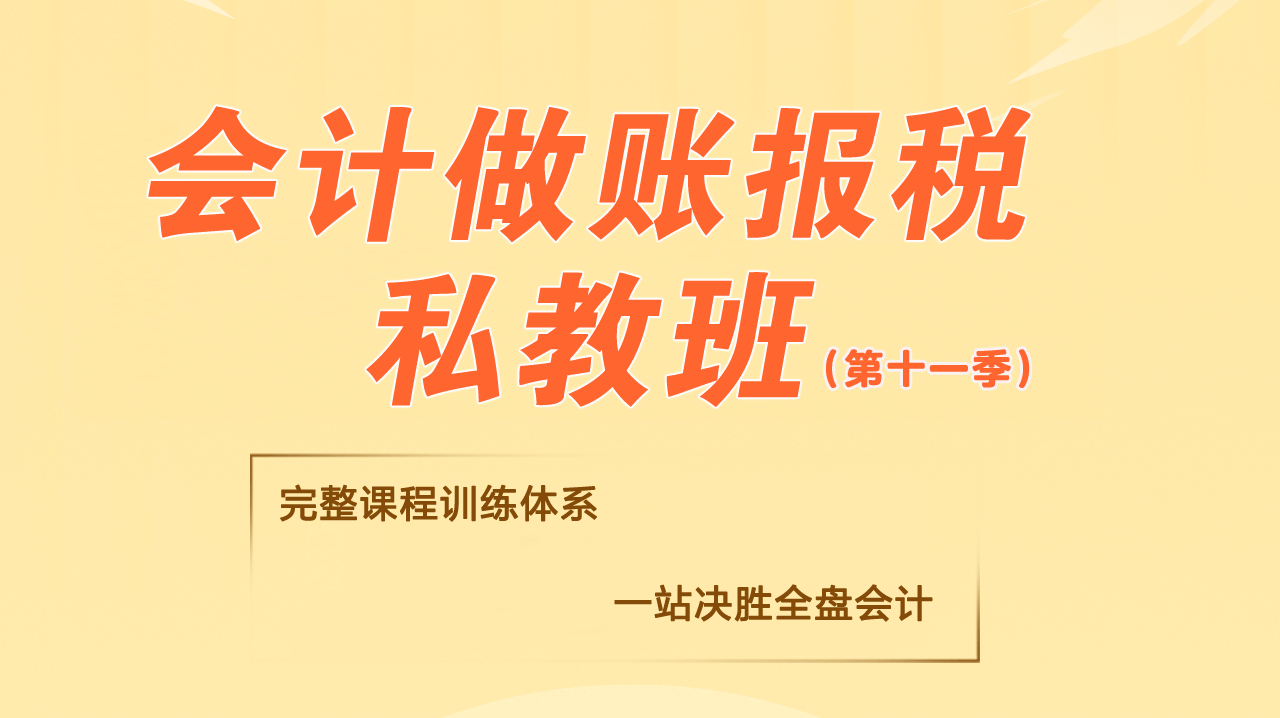中国7月份CPI涨幅意外升高(双语)
China reported unexpectedly high consumer inflation of 6.5% in July -- its highest level in over three years -- magnifying concerns that the country will not be able to bail out a faltering global economy as it did after the 2008 financial crisis.
中国宣布7月份消费者价格指数(CPI)的涨幅达到6.5%,这一涨幅之高出人意料,它创下了三年来的最高水平,使人更加担心中国将无法像它在2008年全球金融危机爆发后那样,向风雨飘摇中的全球经济提供救援。
The July consumer price index topped the 6.4% year-on-year level reached in June. Still, many economists maintain that inflation has likely peaked and will come down gradually in the coming months, partly due to falling oil and commodity prices and a recent slight decline in Chinese pork prices.
7月份的消费者价格指数涨幅超过了6月份6.4%的水平。不过许多经济学家依然认为,中国的通胀率可能已经见顶,未来几个月将逐步下降,这一定程度上是因为石油和大宗商品价格不断下跌,以及中国的猪肉价格最近出现了小幅下降。
However, just as global markets are buckling under concerns of a “double-dip” recession in the United States and sovereign debt woes in Europe, Tuesday's data show that inflation in China is still accelerating despite more than a year-and-a-half of monetary tightening.
不过,就在全球市场纷纷陷入对美国经济“二次衰退”以及欧洲主权债务问题的担忧之际,中国周二公布的CPI数据却显示,尽管政府实施了超过一年半的货币紧缩政策,但中国物价仍在加速上涨。
The rise in the key inflation gauge exceeded the median 6.3% gain forecast by 13 economists in a Dow Jones Newswires survey.
中国7月份的CPI增幅高于预期,此前13位接受道琼斯通讯社(Dow Jones Newswires)调查的经济学家的预测中值是上涨6.3%。
The unexpectedly high number means that China has no room to loosen policy in response to global market downturns, says Wei Yao, economist at Societe Generale. 'This is the kind of data that should trigger interest rate hikes, but given uncertainties in global market, they are likely to pause,' Ms. Yao says.
法国兴业银行(Societe Generale)的经济学家姚伟说,7月份CPI增幅高于预期意味着,中国没有为应对全球市场低迷而放松政策的余地。她说,这是那种应该引发利率上调的数据,但鉴于全球市场的不确定性,中国政府预计在利率方面会按兵不动。
If inflation remains high and global growth falters, “that would be a very uncomfortable combination for China's policy makers,” Ms. Yao added.
姚伟还说,如果中国的通胀率依然高企而全球经济增长却开始步履蹒跚,这两种局面的叠加将令中国决策者非常不舒服。
Other economists echoed the concern. “The room for China to stimulate itself out of the problem will be smaller than 2008/2009,” wrote Vincent Chan and Peggy Chan, analysts at Credit Suisse.
Bloomberg News周一,北京一条购物街上,站在商户橱窗外的行人。其他经济学家也表达了同样的担忧。瑞信(Credit Suisse)分析师陈昌华(Vincent Chan)和Peggy Chan写道:与2008/2009年时相比,中国通过刺激手段使自己摆脱困境的余地变小了。
Massive Chinese spending after the 2008 financial meltdown helped drag the global economy out the depths of its crisis. Chinese investment in high speed railways, highways and ports spurred demand for everything from iron ore from Australia and copper from Chile -- and boosted the bottom lines of Western multinationals selling equipment and technology to China.
2008年金融危机后,中国大规模的开支帮助全球经济走出了危机深渊。中国对高速铁路、高速公路和港口建设的投资刺激了对从澳大利亚的铁矿石到智利的铜等各类原材料的需求,并使在华销售设备和技术的西方跨国公司收入大增。
The government has already conceded that it won't be able to meet its official inflation target of 4% this year.
中国政府已经承认无法达到今年4%的官方通胀目标。
The biggest culprit of rising inflation was food prices, which rose 14.8% from a year earlier, up from 14.4% in June.
通胀升高的最大元凶是食品价格,同比增长14.8%,较6月增加14.4%。
Meanwhile, the producer price index, an indicator of upstream inflation pressures, rose 7.5% from a year earlier in July, quicker than June's 7.1% year-on-year rise and in-line with economists' expectations.
与此同时,衡量上游通胀压力的生产者价格指数7月同比增长7.5%,高于6月7.1%的同比增幅,与经济学家预期一致。
The inflation data adds to concerns among Chinese policymakers about growth following the credit downgrading of the U.S. by Standard & Poor's. Despite years of effort to stimulate consumption in China, the economy is still highly dependent on exports to the U.S. and Europe.
通胀数据加剧了中国决策者在标准普尔(Standard & Poor's)下调美国信用评级后对增长的担忧。尽管中国多年来一直努力刺激内需,但经济依然严重依赖于对美国和欧洲的出口。
Official Chinese media have poured vitriol at Washington, accusing it of financial mismanagement.
中国官方媒体纷纷对华盛顿提出尖锐批评,指责美国管理金融不力。



